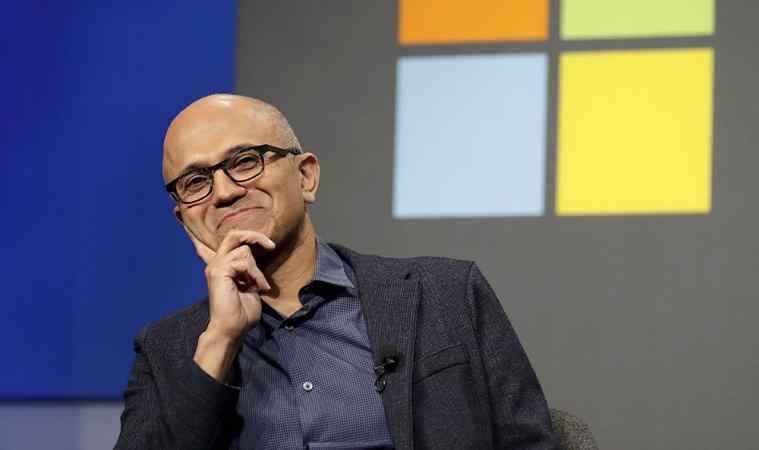Microsoft is now valued at $2.6 trillion as its early bets on generative AI paid off

Back in 2019, we covered Microsoft after the tech giant invested a massive $1 billion in OpenAI, a relatively unknown AI startup co-founded by Elon Musk and Sam Altman. What’s interesting about the investment was that, at the time, the popular ChatGPT we use today had not even been built.
However, Microsoft recognized what many other companies had failed to see—the immense potential of generative artificial intelligence, the untapped possibilities, and its belief in OpenAI’s ability to push the boundaries. This investment not only provided substantial financial support but also signified Microsoft’s commitment to partnering with OpenAI to explore the vast potential of this emerging field. This partnership laid the foundation for groundbreaking advancements and set the stage for OpenAI to emerge as a key player in shaping the future of AI.
In addition to the financial backing, Microsoft and OpenAI entered into a multi-year agreement. This strategic collaboration aimed to combine Microsoft’s cloud infrastructure with OpenAI’s innovative technologies, creating a platform where supercomputing capabilities could fuel advancements in generative artificial intelligence. By exclusively running OpenAI’s systems within Microsoft’s cloud, the two companies sought to accelerate progress and drive widespread adoption of this transformative technology.
Fast forward four years later, Microsoft’s billion-dollar bet on OpenAI has finally paid off. On Thursday, Microsoft witnessed a surge in its stock prices, reaching an all-time high. The market’s optimistic outlook on the potential of artificial intelligence (AI) has played a significant role in propelling the technology giant to achieve a record market capitalization of $2.59 trillion.
The growing interest and confidence in AI technology have greatly contributed to Microsoft’s remarkable market performance. The success also signifies the increasing recognition of AI’s potential and the positive sentiment surrounding Microsoft’s role in the field of generative AI.
Since our last story, Microsoft has also invested another $10 billion in OpenAI in exchange for a 49% stake in the company. Capitalizing on the success of ChatGPT, Microsoft also integrated OpenAI’s GPT4 into its Bing search engine, which now boasts 100 million daily active users since its integration with ChatGPT.
Microsoft has established itself as a frontrunner in the software industry’s adoption of AI technology, primarily due to its significant investment in OpenAI, a San Francisco-based startup that is the proud owner of the widely popular chatbot known as ChatGPT.
In a recent move aimed at challenging Google’s dominance, Microsoft has introduced a range of AI enhancements, including ChatGPT, to its Azure cloud services and the Bing search engine. This strategic rollout demonstrates Microsoft’s commitment to leveraging AI capabilities across its platforms and services, signaling its ambition to make a strong mark in the AI landscape.
On Thursday, Microsoft’s shares experienced a positive upswing, closing 3.2% higher at $348.10 per share. The stock’s impressive performance, which has already gained over 45% since the beginning of the year, surpassed its previous record close of $343.11 on November 19, 2021. Furthermore, the stock achieved an intraday record high of $349.67 on November 22, 2021.
In a similar vein, Apple Inc also celebrated a record-high closing share price of $186.01 on Thursday, while graphics chipmaker Nvidia saw its shares reach a fresh intraday record of $432.89.
Prior to these developments, analysts at JPMorgan raised their price target for Microsoft’s stock, citing increased demand driven by AI technology. Among the 53 analysts covering Microsoft, 44 have recommended buying the shares, with a median price target of $340, Reuters reported, citing to Refinitiv data.
Commenting on the dominant role Microsoft plays in the generative AI space, JPMorgan analysts wrote in a note to clients: “We reaffirm our bullish-outlier viewpoint on generative AI and continue to see it driving a resurgence of confidence in key software franchises.”




